Canadian Prime Minister Stephen Harper is now in Wales to attend the NATO summit that started on Thursday. Foremost on the agenda is how NATO should respond to Russia’s threats to Eastern Europe, which Harper has loudly condemned.
Prior to Harper’s departure, he spoke with U.S. President Obama over the phone about the upcoming summit. According to a White House statement, during that conversation “the president stressed that agreement on increased defense investment in all areas is a top priority at the NATO summit.”
Harper is expected to be pressured by other NATO countries as well to increase Canada’s defense budget. Right now, Canada spends about 1 percent of its GDP on defense.
Currently the U.S. foots about 70 percent of NATO’s operation costs, while Canada contributes to 6 percent of it. Of the rest of the 28 NATO members, only the U.K. reached the level of two percent of GDP in defense spending, which the UK and US have been trying to get other NATO members to commit to over a 10 year period.
Promises
Harper already agreed to increase defense spending during the question and answer session of a business meeting in London on Wednesday. However he said it would be based on need, not out of principal.
“We don’t just go out with a dollar figure and figure out how to spend it. We go out to figure out what we need to do and the then we attempt to get a budget as frugally as possible to achieve the objective.”
Canada’s NATO Contributions
Responding to accusations of double-speak, the PM said Canada has shown its commitments to NATO allies through its actions and resources on the ground.
Earlier this year, Canada sent six C-18 fighter jets to Eastern Europe after Russia’s attempts to invade Ukraine, among other forms of aid.
With the threat of further invasion into Ukraine from Russia, NATO is expected to approve a rapid-reaction military force to be able to respond to a crisis in Eastern Europe within two days. Outgoing NATO Secretary General, Anders Fogh Rasmussen, expects NATO members to collectively “pay the premiums.”
Harper has condemning Putin’s aggressive activities along the eastern Ukraine border. In the words of Canadian Foreign Affairs Minister John Baird, “No other government has stood up more forcefully and aggressively against the Russian aggression in Ukraine.”
Now, Canada is challenged to offer more concrete actions in addition to the condemnation.
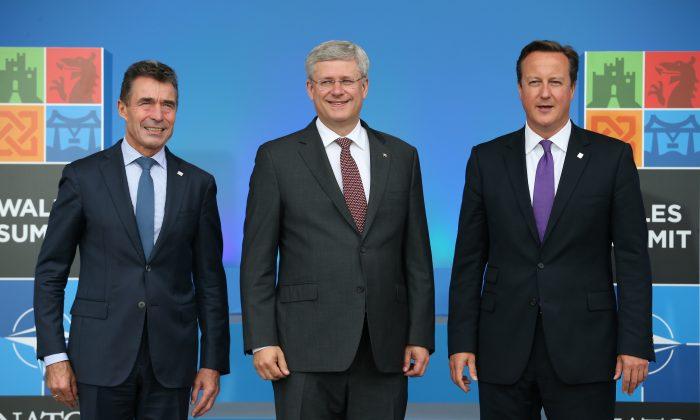
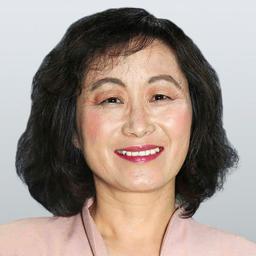
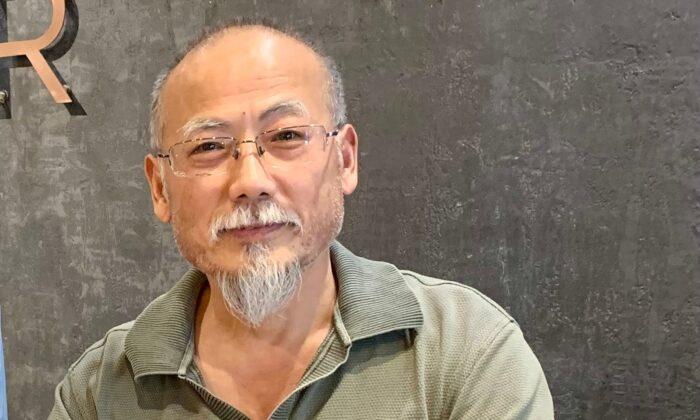
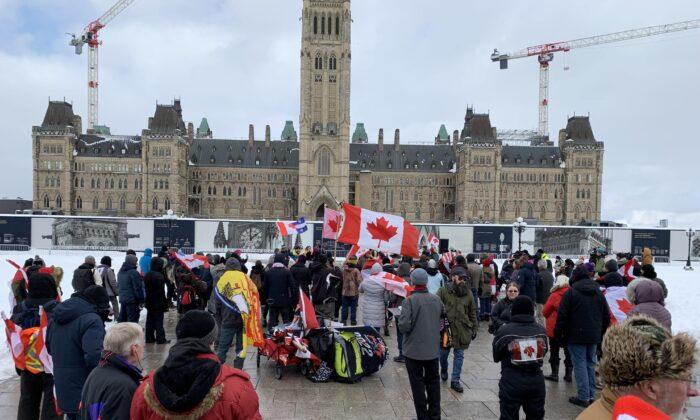
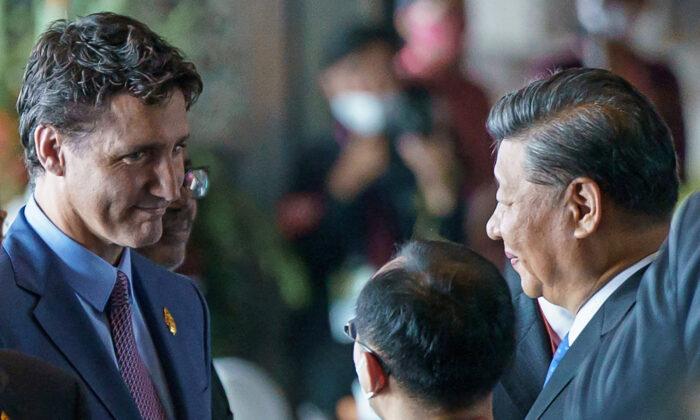

Friends Read Free